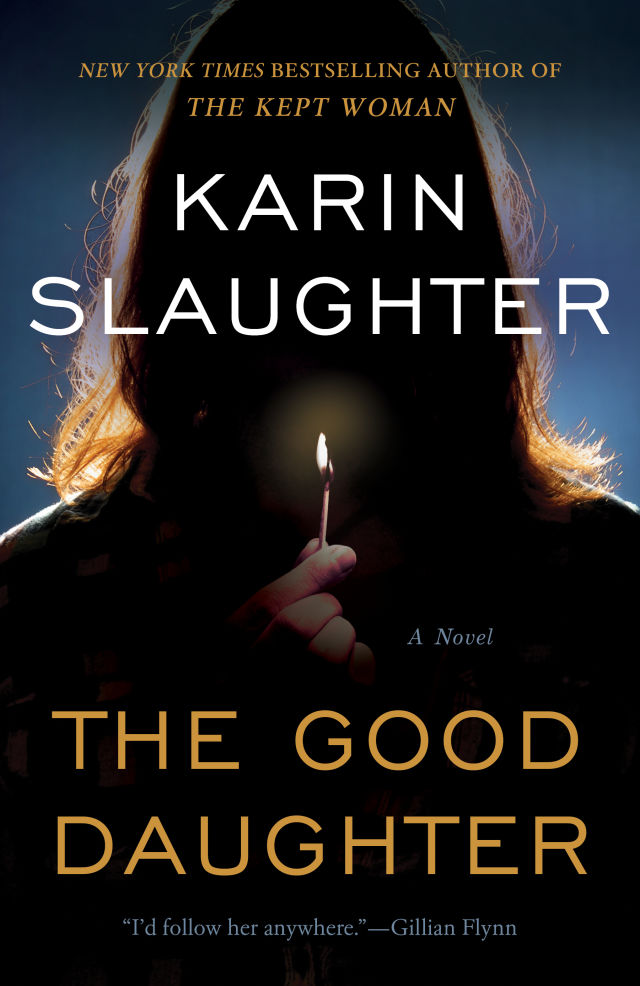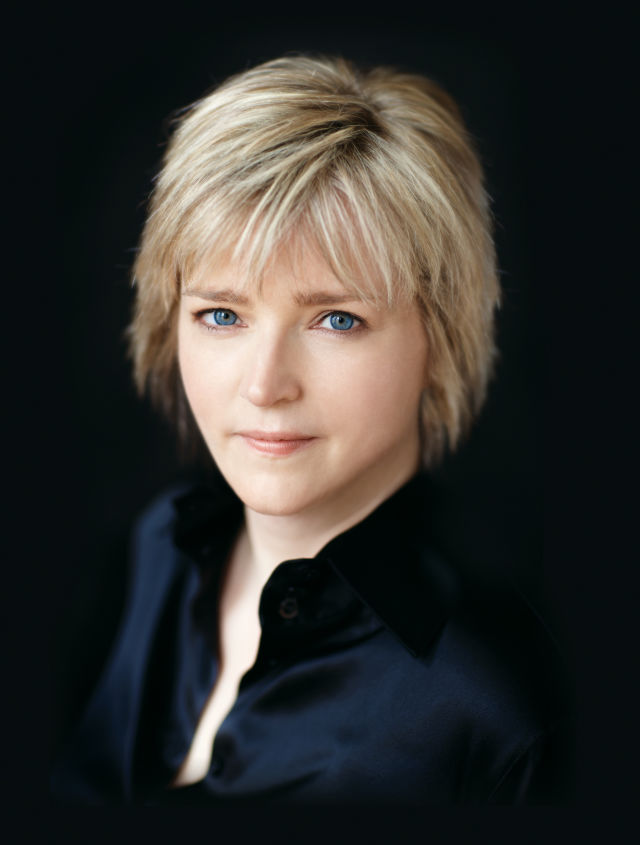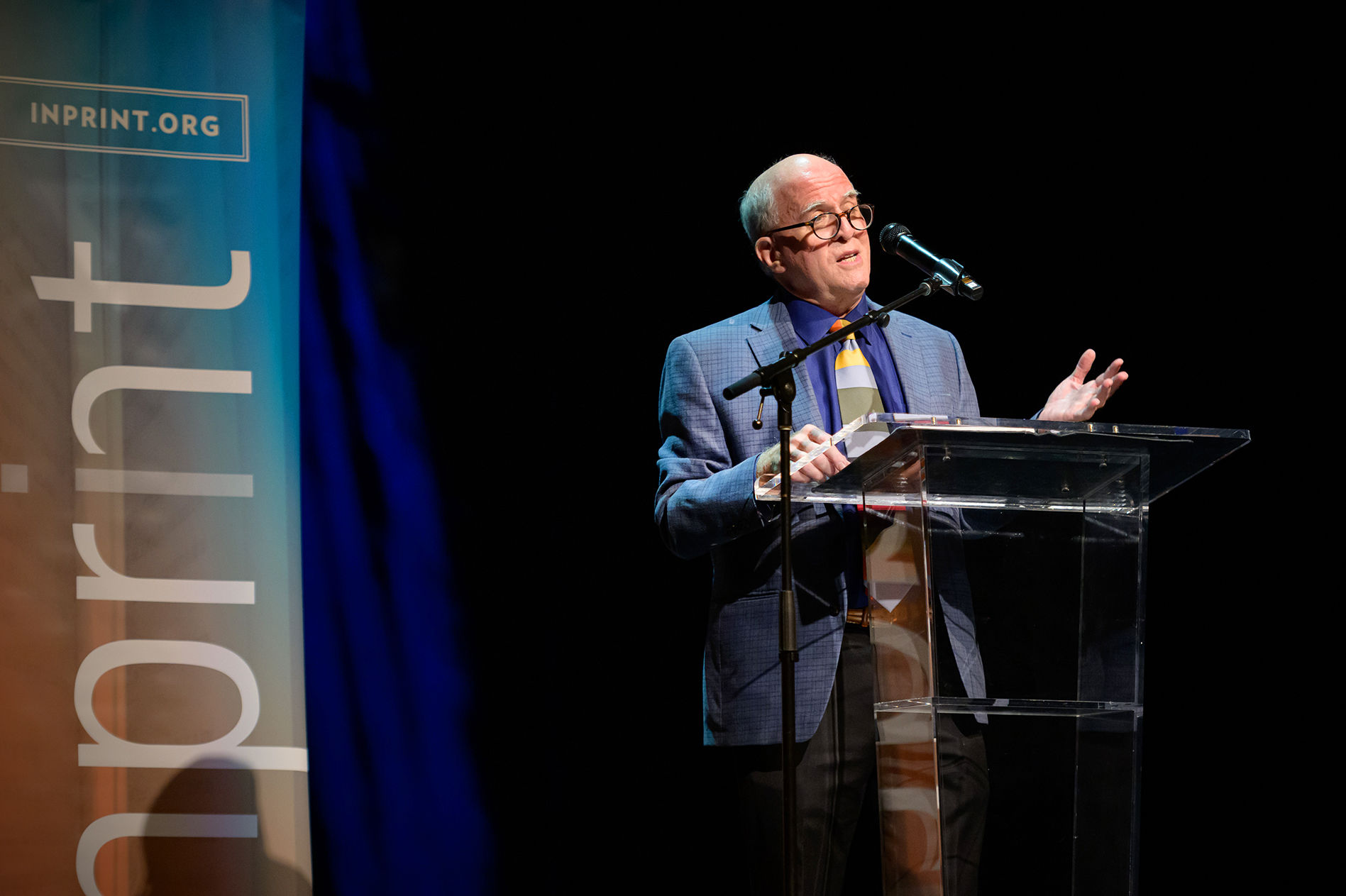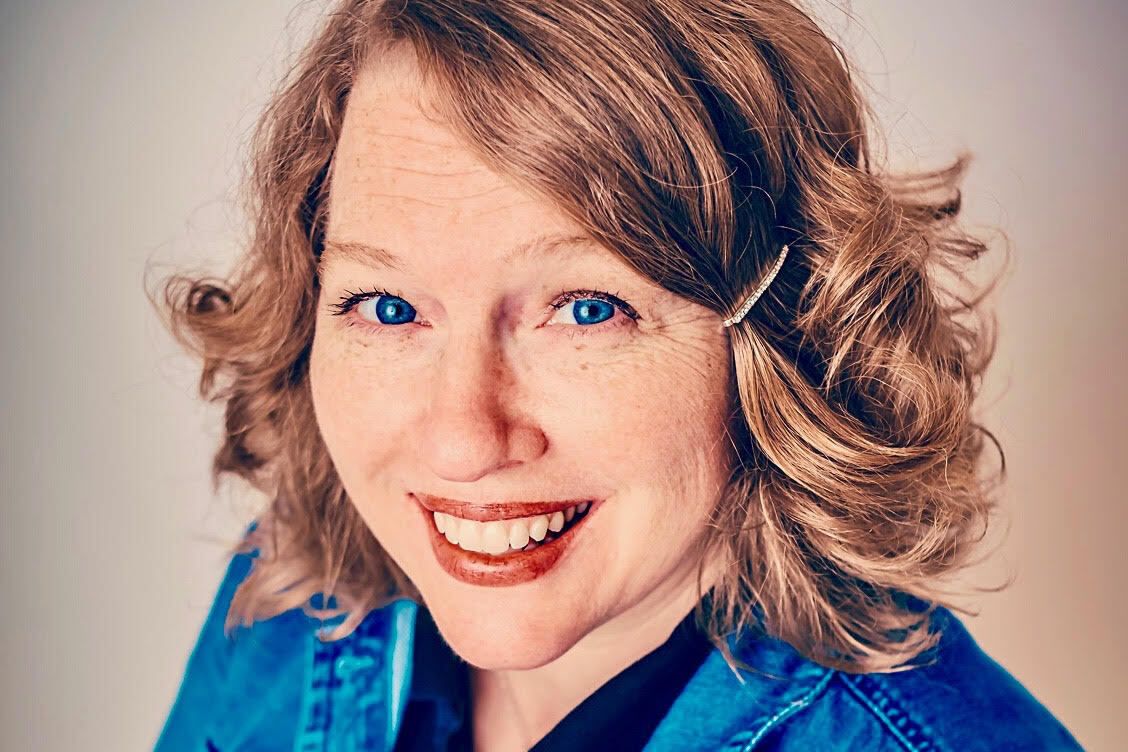Karin Slaughter's The Good Daughter is a Small-Town Thriller With a Strong Female Lead

Image: Courtesy of HarperCollins
The idea for the story first came three years ago. Karin Slaughter was in the shower when the first sentence about a woman who would later be named Harriet “Gamma” Quinn came to mind. She jotted it down on her waterproof notepad, and the character soon became one of the pillars of her latest thriller, The Good Daughter.
Slaughter's new novel is set to be released in the United States on August 8, and she is slated to appear at Murder By The Book August 12. The Good Daughter chronicles the lives of Samantha and Charlotte Quinn, sisters who are undeniably woven of the most interesting parts of their parents: Rusty, an infamous defense lawyer, and Gamma, a smartly-witted intellectual. The family is well-known in the fictional small-town of Pikeville, Georgia, due to Rusty’s notorious clients and a past tragedy that continues to affect the way they live their lives and the decisions they make.
Slaughter, an author who has sold more than 35 million books, was adamant on creating a story where a strong female character who was central to the story and the lives of its main characters. “It’s really a challenge in a lot of ways to write about a woman whose very intelligent and very professionally driven and very successful, because that’s not celebrated the same way it is in men,” Slaughter says. “As a writer, I wanted that challenge to write about a difficult woman and the daughters that she raised.”

Image: Alison Rosa
In order to create a novel centered on crime and the law, Slaughter talked to various lawyers and conducted research in order to best represent the Quinn sisters' career paths in defense law and patent law. The most complicated thing for Slaughter to understand was the mentality of a defense lawyer and how it differs from prosecuting attorneys. After speaking with numerous defense lawyers, Slaughter ultimately learned that prosecutors and defense lawyers cater to different people— prosecutors cater to voters who placed them in office, whereas defense attorneys cater to their clients, who can sometimes be accused of committing heinous crimes. The distinction is imperative to understanding the Quinn family and the way small-town dynamics work in Slaughter’s new novel.
With acclaimed works such as Pretty Girls, Cop Town and the Will Trent series, Slaughter’s novels share a common component—moments of conflict and violence that cradles readers through enigmatic plot twists filled with vivid imagery and suspenseful rendering.
“Good stories tend to have some kind of crime at the center, so I wanted to use that as a tool to talk about character and talk about society,” Slaughter says.
The violence in her novels is something Slaughter is aware of and it comes with a greater sense of thought, especially in the moments when she has to write about the aftermath of tragedy. She describes herself as someone “in the Flannery O’Connor school of writing about crime,” with flawed characters who push the narrative of the story and engage the reader even after they have put the book down. The Good Daughter shows that Slaughter is conscious of the human psyche and how we respond to real-world problems.
Events and issues exhibited in The Good Daughter may seem to mirror the traumatic events and the flawed systems Americans today are unfortunately all too familiar with, but Slaughter insists she’s still writing about issues she’s touched on in her previous work, but the level of politicization has changed.
“For me mostly, what I want to write about is what I see. And there’s a lot of bad things going on, especially right now, but I think it’s most important that the characters feel real, because if they don’t feel real to you, then you don’t really care what happens to them.”
Signing Saturday, August 12. Murder By The Book, 2342 Bissonnet Street. 713-524-8597. More information at murderbooks.com.




